The annual summit meeting of North American Jewish leaders climaxed Tuesday with an affirmation by Israeli Prime Minister Ehud Olmert that “Israel will not shy away from challenging Iran’s development of nuclear weapons.”
Fresh from his discussions with President Bush in Washington, Olmert told some 5,000 delegates at the United Jewish Communities General Assembly (UJC-GA) that “we cannot tolerate, we will not tolerate, those who challenge Israel’s right to exist, while actively seeking to develop the catastrophic weapons to fulfill their goals.”
He added, “We did not choose this responsibility. But the burden is ours, and we cannot, we will not, shy away from confronting this challenge.”
At the same time, Olmert held out an olive branch to the Palestinian Authority: “Here and again I declare, I’m willing to meet Chairman Abbas immediately, without preconditions, to discuss with him means for creating progress for our two peoples and hope for a better future in our region.”
He added, “We must stop this spiraling conflict and the fight between us and bring peace to our battered region.”
UJC Chair Robert Goldberg introduced the prime minister, and Rabbi Naomi Levy of the Nashuva congregation gave the invocation.
Downtown streets surrounding the Convention Center were blocked off for the event and were heavily manned by police and security personnel, which were present throughout the four-day event. A police cordon kept some 200 chanting protesters one block away from the entrance to the Convention Center. Waving anti-Israel signs and Palestinian flags, they chanted, “Bush, Olmert you can’t hide; we charge you with genocide.”
Earlier major addresses at the Convention Center were given by Israeli Foreign Minister Tzipi Livni and Likud Party leader Benjamin Netanyahu.
The high-profile Israeli presence at the GA included six Cabinet ministers, a number that was criticized by some Knesset members. One Israeli official jokingly commented that the next Cabinet meeting would be held in Los Angeles.Also on hand was a group of high-powered Israeli business leaders.
In her address on Sunday, which opened the GA, Livni said that among her top priorities is to close the gap between Israel’s militant image abroad and the reality of a vibrant, multifaceted nation. She pledged to invest “a lot of time and money” in the effort through the Brand Israel campaign. The project, aimed at improving the country’s international image and projecting it through “a human lens,” was explored in more depth at a separate, packed session.
The stakes in this campaign are quite high, said Ido Aharoni, Livni’s senior adviser and spokesman, and what is needed is “a paradigm shift.”
Livni also conducted a news conference for the North American Jewish press, in which she acknowledged a sense of frustration among Israelis that the initial expectations of a quick military campaign to wipe out Hezbollah had not been fulfilled.
“We realize that there are some things that cannot be solved by military means,” she said, but noted that a framework had been established for peace on the Lebanese-Israeli border that relies on the international community enforcing the embargo on weapons to terrorists.
Closing her GA address on a cheerful note, Livni announced that she would say something her audience might never expect to hear from an Israeli.
“Thank you, thank you very much,” she beamed, for raising $330 million in an emergency drive for Israel during and after the Lebanon fighting.
Netanyahu, who is the opposition leader in the Knesset, drew a harsh picture of Israel’s and the West’s situation in an intense speech. He warned that Iran’s missile program calls for developing 25 nuclear weapons a year, ultimately with a range to reach the East Coast of the United States.
“It’s 1938 — and Iran is Germany,” Netanyahu repeated again and again. “When someone tells you he is going to exterminate you, believe him and stop him.”The former prime minister said he had been trying for a decade to warn world leaders that Iran represents the greatest threat, not just to Israel but also to Europe and America, “but nobody seems to care very strongly.”
While Hitler started a war and then tried to develop an atomic bomb, Iranian President Mahmoud Ahmadinejad is building nuclear weapons first and will then start a war, he said.
Even if Israel were to meet all Palestinian demands or were to disappear altogether, Ahmadinejad would pursue his plans, Netanyahu said, because he believes that the rise of the West has been a historical mistake that must be reversed.
The real threat to world peace is not Iraq or Al Qaeda but Iran, though unlike in 1938 and its aftermath, this time the Jewish people will not be the sacrificial lamb, Netanyahu declared to prolonged applause.
Amidst the hugs and mutual compliments between Israeli officials and American delegates, there was, inevitably, at least one incident to enliven lunch break conversation.
The Jerusalem Post reported that the chairman of the Jewish Agency, Ze’ev Bielski, attending the GA from Israel, had observed undiplomatically that “one day the penny will drop for American Jews, and they will realize they have no future as Jews in the United States due to assimilation and intermarriage.”
Bielski stood by his statement, though “clarifying” that “we came here to say thanks to the Diaspora … but we have to deepen [its] involvement with Israel.”
The reaction was predictable. Delegate Misha Galpern told the Post, “We didn’t disappear for 2,000 years, and I don’t see any reason for us to disappear now.”Despite a crammed schedule of meetings, there was enough time for reunions with old friends, visits to the massive exhibition area and social engagements.
Israeli Consul General Ehud Danoch and his wife, Miki, hosted a reception for Livni, other visiting Israeli dignitaries and leaders of the Los Angeles Jewish and Israeli communities at his residence.







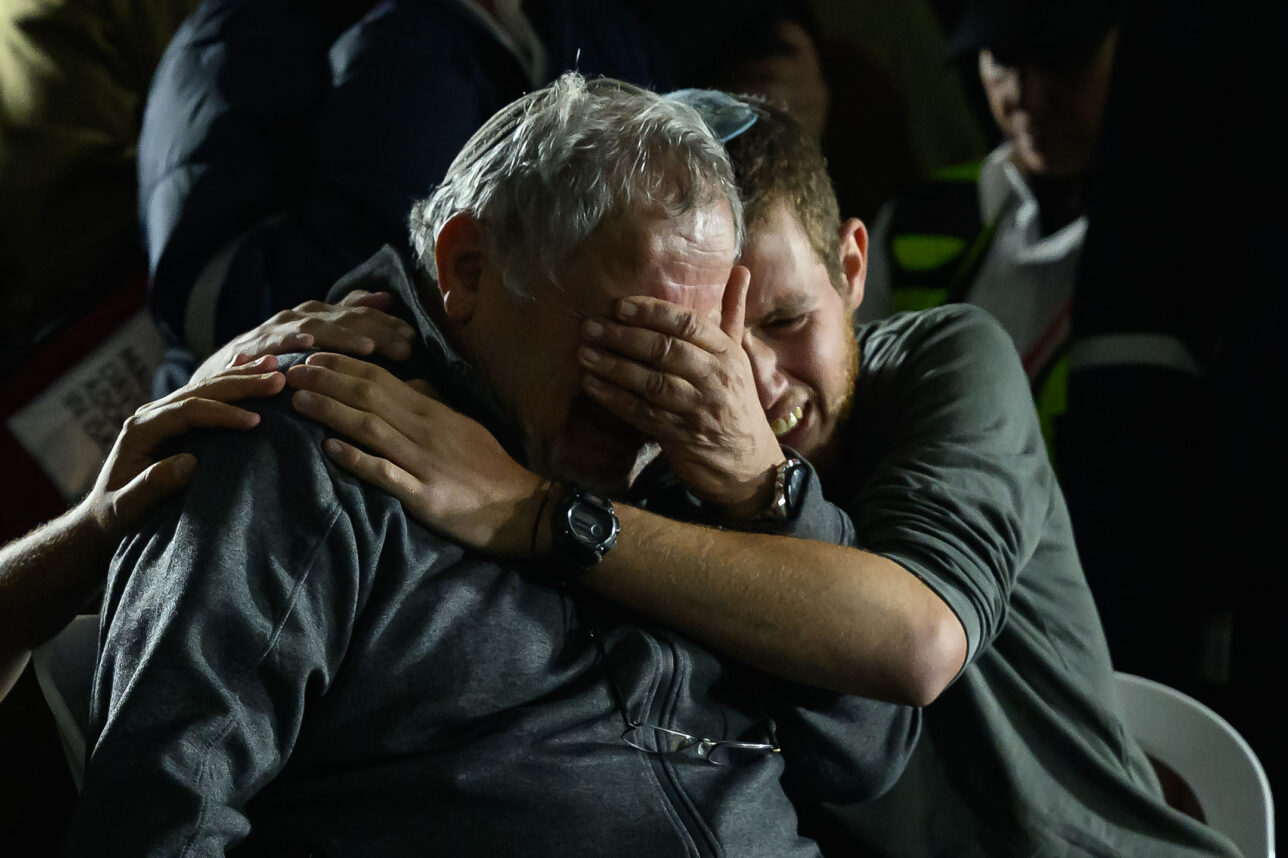

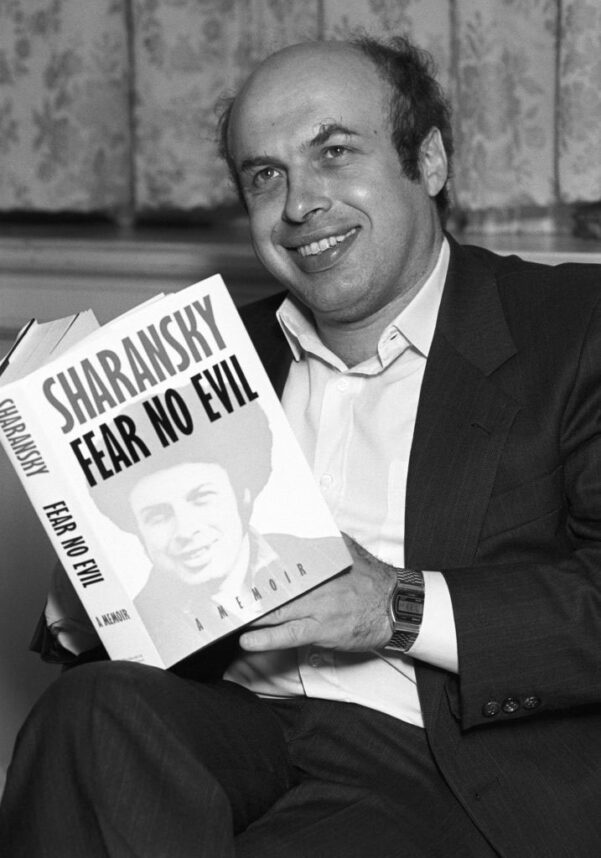



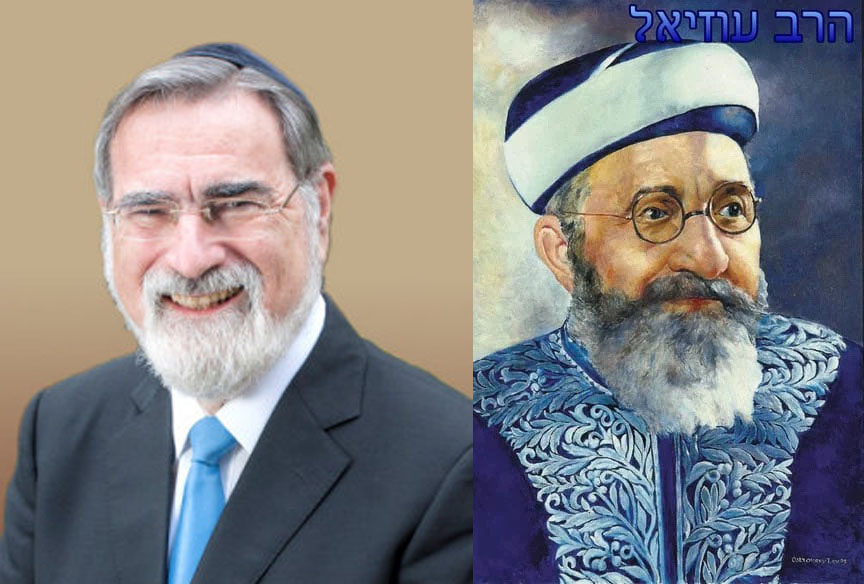
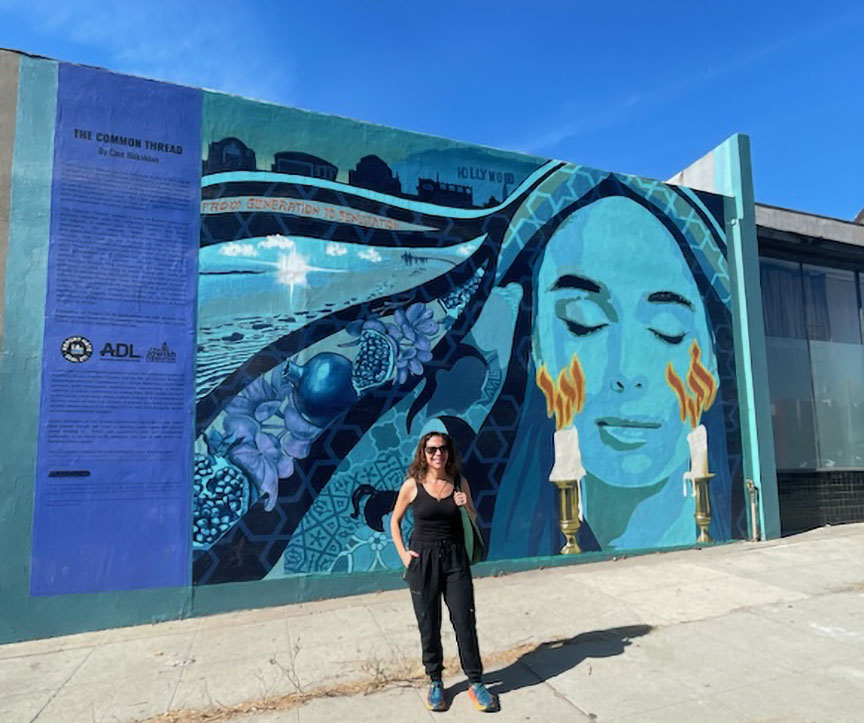

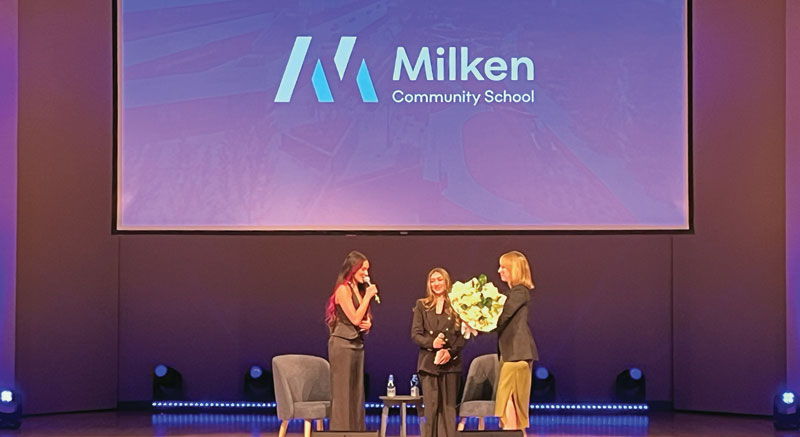





 More news and opinions than at a Shabbat dinner, right in your inbox.
More news and opinions than at a Shabbat dinner, right in your inbox.